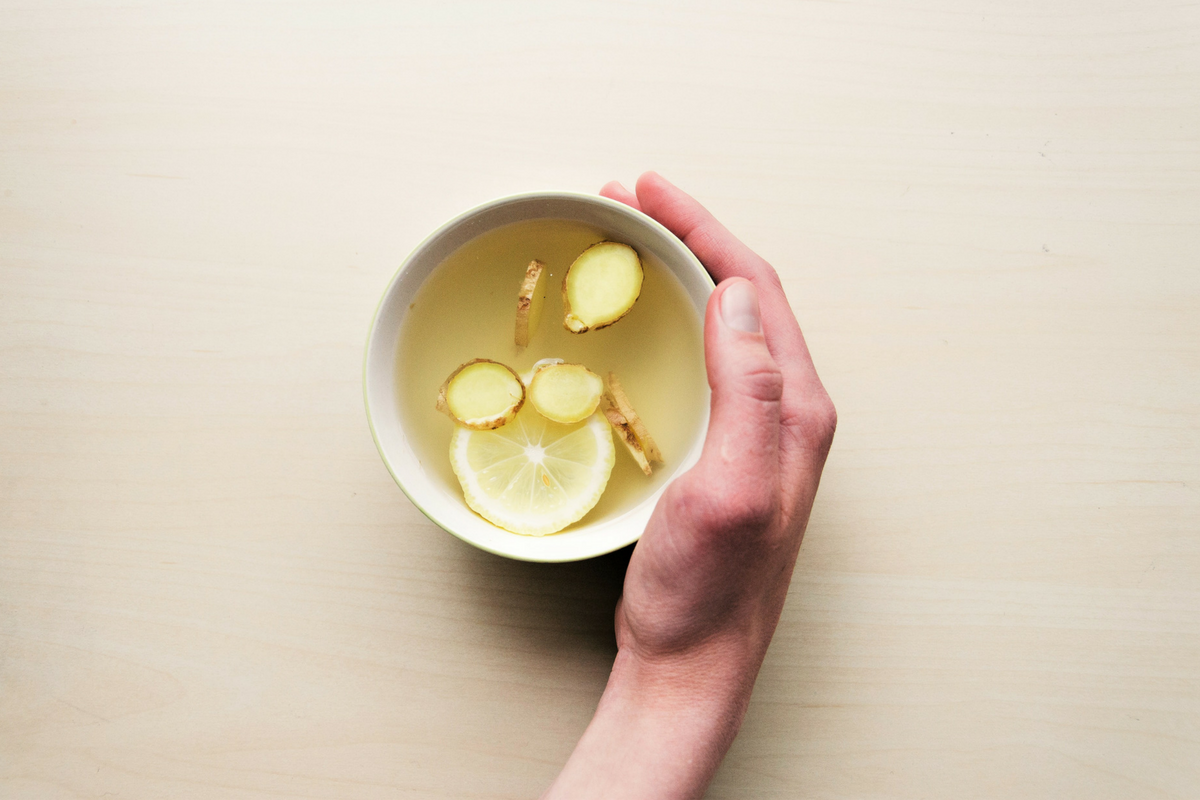The Ultimate Natural Cleanse: Autophagy

The Ultimate Natural Cleanse: Autophagy
We are constantly trying to learn more about our bodies and their natural processes that lead us to the healthiest versions of ourselves. Why try to create ways to get your body working at top efficiency when you can just tap into what it does naturally. That’s why we were excited to dig deeper into the process of autophagy.
What Is Autophagy?
Autophagy is derived from the Greek words meaning “self” and “eat” and this is exactly what your body does. During autophagy, your body maintains homeostasis by eating or recycling damaged or dysfunctioning cells and reuses those components to create new cells or processes. It is when our autophagy is impaired that cellular waste begins to collect, and issues arise such as Alzheimer’s, diabetes, and cancer as well as less serious issues such as faster signs of aging. Autophagy is an incredible way that our body renews itself and keeps everything functioning in tip-top condition.
How Do I Induce Autophagy?
Food and a Ketogenic Diet
Autophagy can be encouraged within your body in several ways. Following a ketogenic diet like we’ve discussed before can actually be a great stepping stone to get your body into this cleansing and productive state. Switching your body into a ketogenic state to then burn fat as fuel is a trigger for autophagy due to the fact that this switch mimics a state of starvation. And this isn’t a bad thing. When our bodies think they are starving they trigger all sorts of processes to promote regeneration and efficiency within our cells.
Another way to trigger autophagy is with your food choices. This is a similar approach as with a ketogenic diet as you should steer towards foods that are anti-inflammatory – low in sugar and carbs. This doesn’t have to be a switch to a fully ketogenic diet as we know that isn’t for everyone; but if you reduce your carb and sugar intake you could find similar, yet less powerful, autophagy effects. It has also been shown that foods that contain higher levels of resveratrol such as grapes, wine, peanuts, and soy. You can find the research done about this here and here. See? No need to fret, you can still drink that glass of red wine and treat yourself to some dark chocolate!
Intermittent Fasting
You can also practice intermittent fasting: another ketogenic hack. Skipping meals (or waiting to eat until lunch like we sometimes do) puts your body into that same stressed starvation state that triggers it to use up your fat resources and encourages cellular recycling and production. Fasting has other health benefits as well. Research has shown that occasional intermittent fasting has been known to reduce the chances of cardiovascular disease, reduces the risk of chronic disease, and can even prevent and halt cancer progression. Life Extension Magazine just recently published a great article about the benefits of ketogenic states and fasting which you can find here. They speak with several experts who have shown that it has been known to help with epilepsy, cancer, Alzheimer’s, diabetes, and nervous system injuries.
Exercise
We all know that regular exercise promotes a healthy lifestyle and can protect against diabetes, cancer, cardiovascular diseases, and neurodegenerative diseases. And although there is still so much to be researched between the relationship of autophagy, exercise, and the body’s metabolism it can be seen that many of these benefits overlap and are likely to influence one another. In a study conducted in 2012, they specifically found that exercise triggered autophagy in regards to metabolic regulation in multiple organs such as muscle, liver, pancreas, and adipose tissue. Exercise is a type of good stress that your body endures which then triggers autophagy to ensure that your body fully recovers.

Rosalyn & Nick
Autophagy is somewhat of an untapped resource that hasn’t been studied as much as other health topics until recently but if you’re interested to find out more check out these helpful resources: